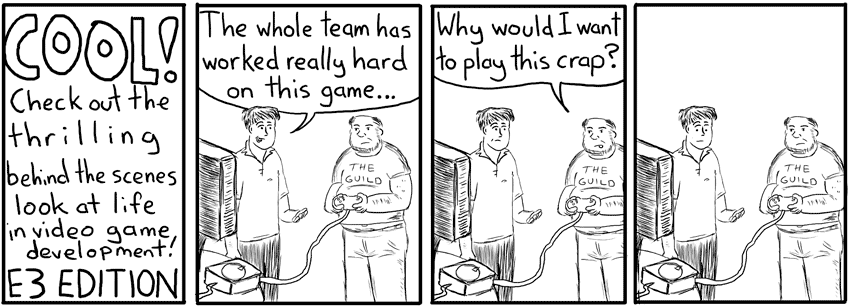

I walked into this Intro Game Studies class knowing a decent amount about games and game development. Playing video games was certainly nothing new to me – I’ve wasted over two thousand hours playing one hundred and forty-three games, those plus the one hundred and eight games I’ve yet played on my Steam account (251 total) cost me over three thousand dollars. I could’ve bought a used car with that money. Or roughly 50% of my annual college tuition. Or 2,134 McDoubles.
But no, I used all that money to play games. And it was damn worth it. I believe the wide exposure of video game genres I’ve delved into has made me a more well-rounded person, overall. It certainly helped with the Intro Game Studies class–there was a lot of knowledge, history, and memories I could conjure up to relate to class topics and answer questions with. The class itself was a joy to sit in and listen to. Every lecture brought a treat of knowledge or news I’d yet heard about, all of which fascinated and charmed me.
There is so much depth to games and gaming that I’d never known about before the class - for starters, what constituted a ‘game’, let alone the act of ‘play’. I loved learning the concept of developing video games as board game prototypes, since their mechanics are much more easily seen and tinkered with when played physically. I especially enjoyed being introduced to theoretical concepts such as the MDA framework and the Skinner Box mechanic; I will now forever categorize characteristics of games into the three MDA components. I truly feel my ability to analyze and understand games and their development has been enhanced so much more now, coming out of this class. And, with honesty, I feel seriously inspired by Jane McGonigal’s TED talk too, on using gamification for good.
Absolutely, I “read about games, wrote about games, played games and designed games”. But more than that, I feel that I’m walking out of this class as a more well-read individual, a conceptually-aware person, and a “thinking” game player. My ability to conceptualize game ideas have been heightened for sure, from the thought tools provided. My respect for the video game medium has risen quite high as well.
My final presentation wasn’t quite as grand as I’d hoped it be a while back in my initial game development process. I would arguably say that while my presentation didn’t clearly articulate the outcomes of the class content, the resulting game (which I admittedly developed very very last minute), was a possibility only because of the knowledge I’d gained from the class. My game’s clear “wow” mechanic, the mid-game map rotation, couldn’t have been done without the practice in GameMaker from my first prototype. The idea for it wouldn’t have popped into my head without knowledge of the tropes of typical platformers, their strengths and weaknesses, and being consciously aware of the possible dynamics that could come from literally flipping the map upside down. All of that knowledge spanned from my sitting in in lectures and my reading from the class books.
I think that’s the biggest outcome, for me: being consciously aware during my game playing and development. I feel like my eyes have been widely opened to the vast possibilities the medium offers, and I feel more aware of the choices made my developers in their games I play. “Is this an objectively bad game?” “This game appears to use this one mechanic from another game I know of!” “Wow, this mobile app is really leaning on the Skinner box mechanic…” “Could this interactive VR experience be considered a game?”
I don’t know if I’ll jump into the shark-infested industry of game development post graduation. I was originally planning to dive into the sharks-with-lasers-attached-to-their-heads-infested industry of visual effects and computer graphics, but I have an itch now to make some games. I’ll see where that leads me.